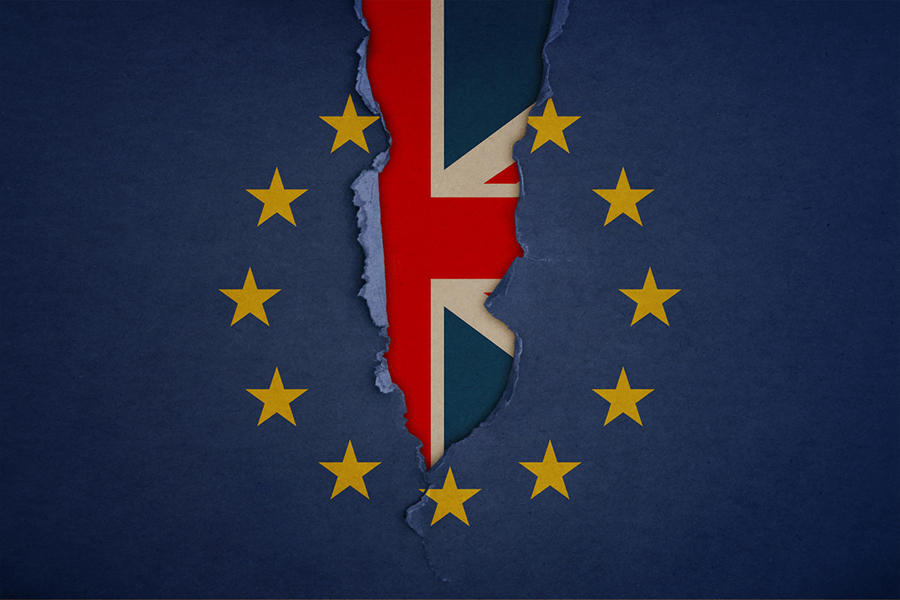
By Professor Aditya Goenka, Chair in Economics
The Department of Economics, University of Birmingham
In the event of a hard Brexit, analysts expect that the pound could depreciate by a further 10 percent, adding to the inflationary pressures in the economy.
Time is starting to run short for the UK government to resolve the conflicting agendas so that it can deliver a smooth transition to Brexit. Arlene Foster of the DUP, who is likely to play a pivotal role in the negotiations, says that UK crashing out of EU without a deal seems to be the most likely outcome.
In a speech on 22 September, Theresa May said that “no deal is better than a bad deal”, during the speech, there was a drop of around 2 percent in the pound against the dollar. In the event of a hard Brexit, analysts expect that the pound could depreciate by a further 10 percent, adding to the inflationary pressures in the economy.
The Bank of England may not increase their interest rates – as they did in the aftermath of the 2016 referendum – but rather decrease them due to worries around the excess capacity and dislocation from economic activity that ending the UK’s membership of the single market will bring. In 2016, even though there was a 17 percent depreciation against the dollar, the consumer prices did not rise immediately, but did so with a lag. This time, as the date of the exit is known, firms will have made contingency plans to increase prices within a shorter time span. In the medium run, the expectation is that as inflationary pressures build, the Bank of England will increase interest rates closer to the UK’s exit date.
The direct impact on the manufacturing and services sector could be very serious. BMW and Jaguar Land Rover (JLR) are already planning for reduced production, though this is coupled with lower sales in China and uncertainty about the future of diesel powered vehicles. A JLR spokesperson has said “Over the next two to four years, every JLR model manufactured in the UK will also be manufactured at one overseas plant”. The ostensible motivation is to shift production to lower cost plants in Austria, Slovakia and China. BMW has warned that it will cease production of Mini and Rolls Royce cars in UK in the event of a hard Brexit. With congestion in ports and plans to turn the M26 into a carpark in the event of no deal, the automotive industry, which relies on just-in-time production, may come to an end in UK. There are estimated to be 860,000 people employed in the industry and this will have a devastating effect on large parts of the country.
This is just one industry. If there is a hard Brexit, trade in goods and services will be governed by WTO (World Trade Organization) rules. While tariffs (effectively import taxes) on goods have been reduced for manufactured goods, there is less coverage for agriculture and services. Thus, very high tariffs remain for agriculture under WTO rules and important services, such as the movement of people, financial sector, legal services, and air transport, can be protected by governments.
These concerns run across most industries; from universities and the NHS, to strawberry and asparagus farming. The UK will lose not only tariff-free access to the other 27 EU members, but also lose its free trade agreements with about 40 countries. Trying to re-negotiate deals with big trading partners will be time consuming and the UK will be bargaining from a position of weakness.
The economic and welfare costs of a hard Brexit on the UK will be serious. How the deal-making with Europe and across different groupings in Westminster plays out will have lasting implications for the nation.

1 thought on “Crashing out of the EU with a no-deal Brexit”